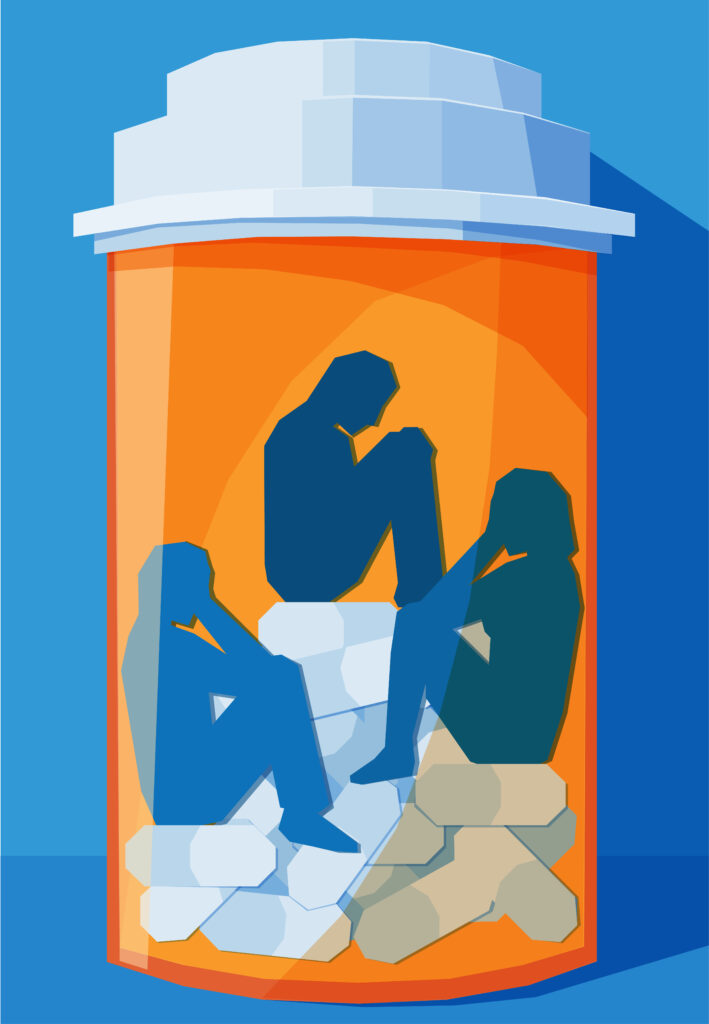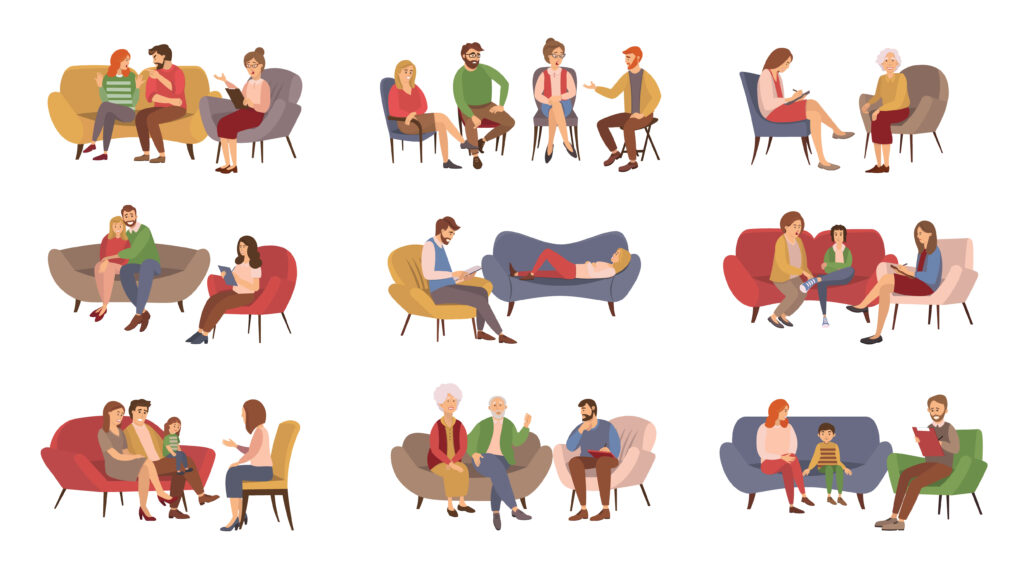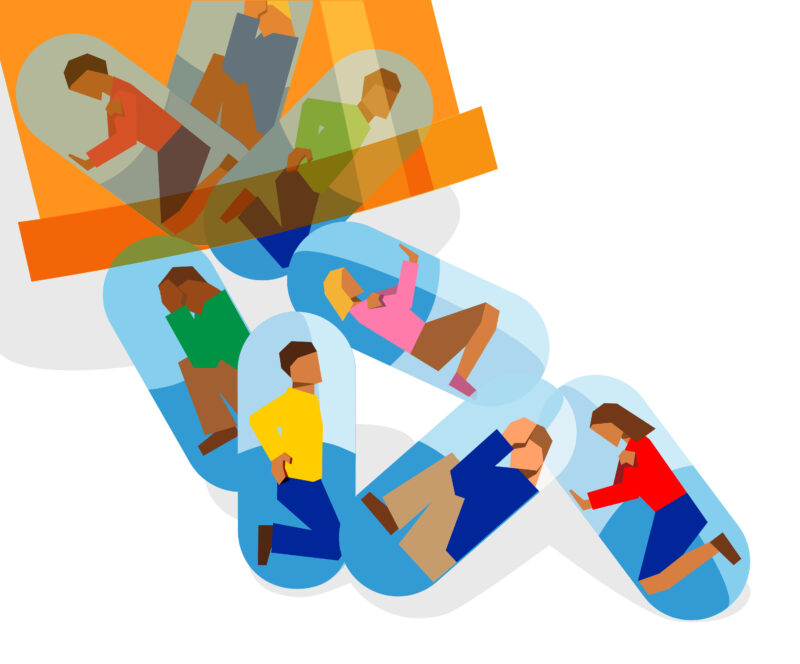If you’re the primary caregiver for an older adult, you’re giving a lot of yourself, your time, and your emotional energy to making sure they’re healthy, safe and content. Unfortunately, many caregivers find themselves overwhelmed by the impact of serving as a caregiver. For some, pain and anti-anxiety medications can be a way to escape the stress and pressure of caregiving, but those can easily lead to drug abuse, drug theft and addiction.
The stressors of caregiving
For those who are full-time caregivers – or even those who have outside help with caregiving tasks – the effects of spending your time in service to your older loved one can sometimes be too much to manage. Not only do a large number of caregivers experience severe symptoms of depression – 40 to 70% according to one study – many also face a number of other problems, including:
- No privacy or space between you and your loved one
- Lack of social activity
- Being constantly on call for your family member
- Financial pressures and loss of income
- Lack of coping abilities and decision-making
- Having the caregiver role by default and not by choice
The difficult nature of caregiving can send some people in search of something to relax them or calm them down, which is when they may turn to alcohol or, in many cases, opioids and benzodiazepines.

The danger of available medications
Nine percent of older Americans have been prescribed opioids for pain, whether for chronic problems like arthritis or post-surgical or cancer pain. In 2015, nearly 12 million people over the age of 65 were prescribed opioids. In addition, benzodiazepines, such as alprazolam (Xanax) or lorazepam (Ativan), are prescribed for long-term use to 25% of adults 65 to 80 years old.
For each of those millions of older adults, there is most likely someone caring for them—whether it’s a once-a-week housekeeper or a son or daughter with whom they share a home. Unfortunately, when stress becomes overwhelming, the temptation to take “just one” of the older adult’s pills can lead to an addiction problem and abuse of the prescribed drugs by the caregiver.
The dosage of pain medications is often specific to a person’s weight and age and may be slowly increased over time. It’s possible that the drugs prescribed to your loved one may be dangerous to you if you’ve not taken them before.
While you may not think taking a pill or two (or more) means much, these are some indications you may have a drug problem:
- Medications are running out sooner than expected.
- You insist on filling all prescriptions yourself.
- You withdraw socially and stay isolated with your loved one.
- You exhibit physical signs including red eyes, runny nose, or constant sniffling.
- You’re extremely tired.
“Patients assume based on their symptoms that they may need a medication, which in fact they may not,” writes Dr. Darshan Parekh, director of Pharmacy at Abington-Jefferson Health. “Their symptoms may have a different root cause, which makes the medication they’re sharing inappropriate, or another medication more appropriate for treatment.”
How to manage the stress of caregiving
Self-care is crucial to avoid reaching a point where you may feel the need to turn to drugs or alcohol to help you manage caregiving’s physical and emotional demands. You can’t be a good caregiver if you aren’t paying attention to your needs first. Nearly 75% of caregivers report they have not gone to a doctor as often as they should, and 55% have missed doctor’s appointments due to caregiving responsibilities. Most caregivers also report their eating and exercise habits are worse than before they began caring for their loved ones.
To avoid the deterioration of both your mental and physical health, experts suggest the following:
- Find a support group: If you cannot get to one in person, look for one online.
- Ask for help from friends and family: Whether it’s a few hours watching your loved one or bringing in a meal. If you ask, those who care about you will help.
- Don’t overdo anything: Sometimes you need to do as little as possible to get through the day. Set realistic goals and be kind to yourself and your older adult.
- Take care of your needs: Prepare healthy meals, go for a 15-minute walk, take a quick nap when you can. Your well-being is essential to your state of mind and the health of your loved one, too.
- Utilize respite care if you can.

What to do if you need help
If you’re a caregiver who needs help with depression, anxiety or other caregiving-related issues, talk to your doctor about what kind of treatment would be best for you rather than self-medicating with drugs prescribed to your loved one. For example, you may need talk therapy or an antidepressant, or possibly some other treatment. Whatever you need, it’s best to have your physician prescribe medication instead of grabbing a pill from your loved one’s prescription when things get rough.
If you believe you have a problem, reach out to a recovery center for help. Ask a family member or friend for their support as you pursue a solution to your problem. You don’t need to fight this alone.

